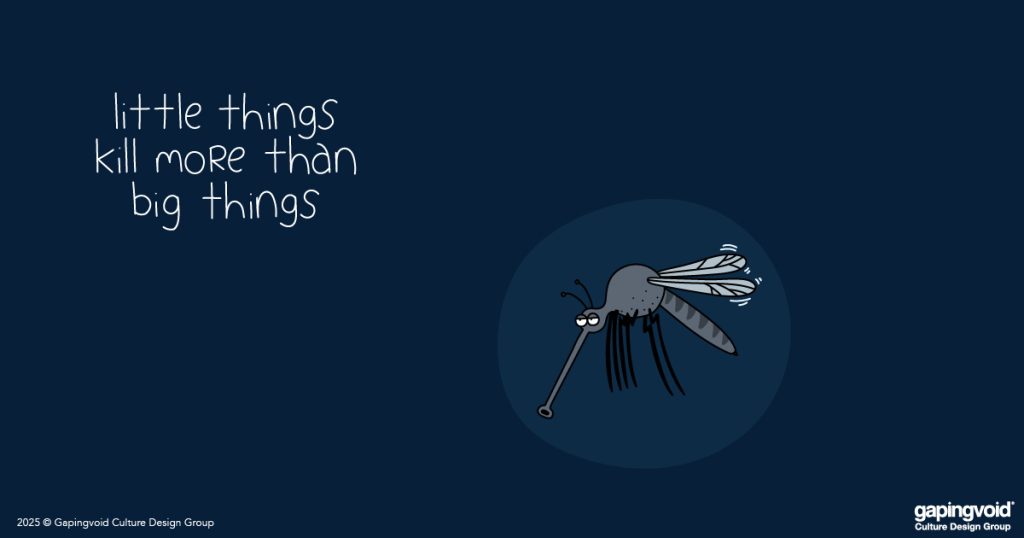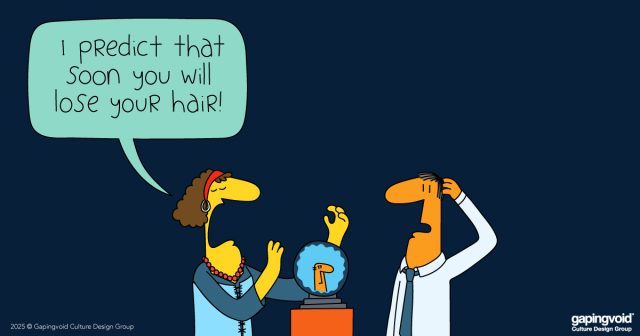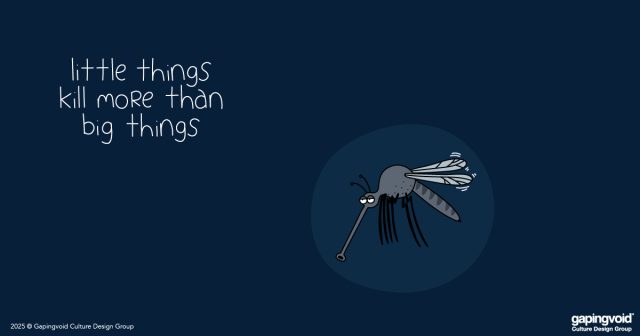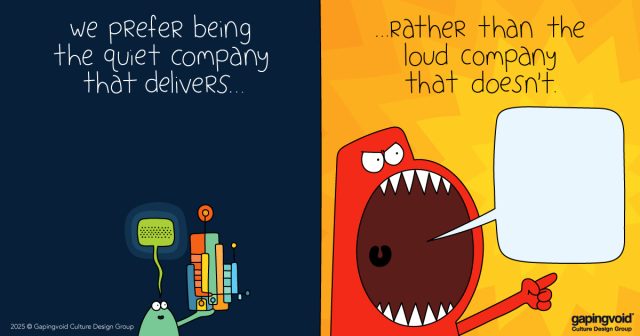
We are often guilty of confusing quantity for quality – a bad habit from our “more-is-more” consumerist culture. But history shows that going bigger can backfire spectacularly.
Exhibit A: Spain’s “Invincible Armada” of 1588: a fleet so massive, so costly, and so disastrously ineffective it became the naval equivalent of bringing a cannon to a knife fight… and missing.
King Philip II of Spain decided that the best way to invade England was to assemble the largest naval force Europe had ever seen: 130 ships (including 22 hulking galleon warships), 30,000 men, and enough firepower to make God himself take notice. At first glance, it seems unstoppable. But while Spain was building bigger, England was building smarter.
Led by Sir Francis Drake, England’s navy had smaller, lower ships and fewer of them. They were equipped with more accurate, lightweight cannons, and while they couldn’t match Spain’s brute force, they could out-sail, out-turn and out-manoeuvre around it – embracing a unique form of psychological warfare: chaos.
As the massive Spanish formation lumbered through the Channel, English captains, Drake and Hawkins didn’t board their enemy’s ships as was traditionally expected, they pelted the Armada with cannon fire before zipping away to strike again from new angles. It was naval warfare as mosquito swarm – tiny, infuriating, and effective.
The Spanish, confused, regrouped and re-assembled their vast Armada in the French port of Calais (August 6-7, 1588). The English found them and loaded eight old vessels with pitch, tar and gunpowder, set them ablaze, and unleashed the floating infernos toward the tightly-packed Spanish fleet. Panic ensued.
They broke defensive formation and scattered, heading into unfamiliar waters with no safe harbours. Hit by Pacific storms, ships crashed on Irish shores. Sailors washed up dead on beaches.
Of 130 ships, less than half crawled back to Spain with starving, broken men. Those who washed ashore met worse: Queen Elizabeth I‘s kill-on-sight orders meant execution. The lucky ones? They got to join the “Walk of Shame” – a starving death march across Europe while England minted victory medals taunting: “God blew, and they were scattered.”
In the end, Spain lost 20,000 men. England? 100.
England didn’t win by playing Spain’s game of “who’s bigger and badder” – they created a new game, rewriting rules of naval engagement entirely.
Think about the promotion you didn’t get, despite putting in more hours. The product that failed because you added too many features. The bulging closet of shit that was supposed to make you happy. What if they are all Spanish Armadas?
Success isn’t more. It’s finding the angle everyone else missed.



